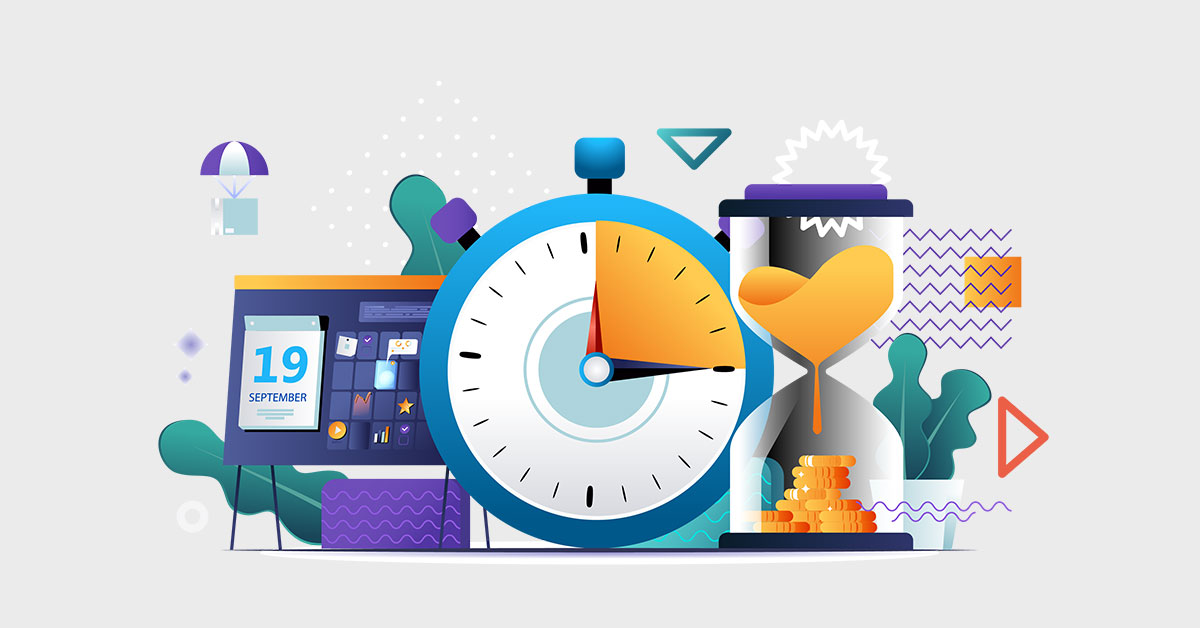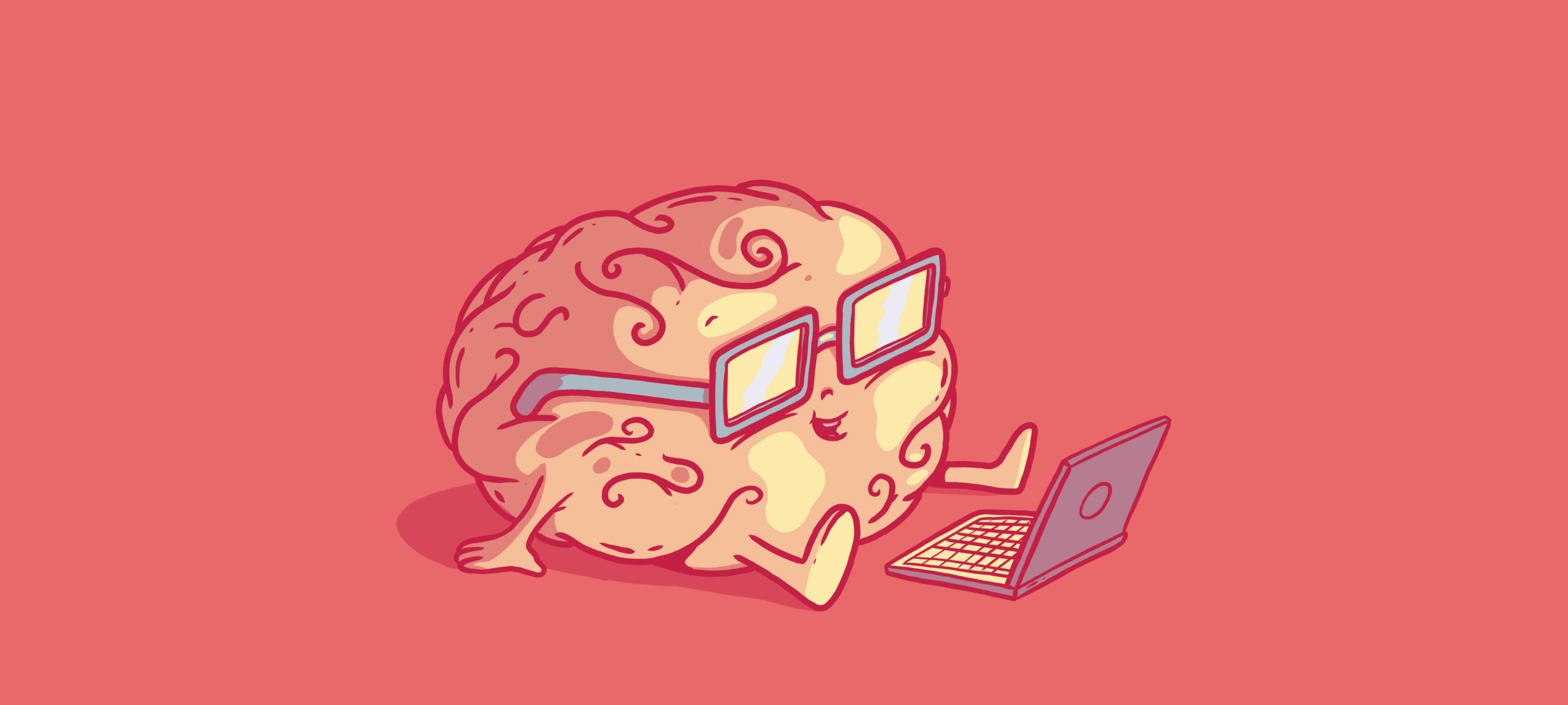Effective time management will always be an elusive goal for most people.
This is not because it is particularly hard, but rather because most people do not know what their priorities are or how to manage the time they have.
However, there are some very simple tricks to effectively managing your time that anyone can use to improve productivity and start getting more done in less time.
Everyone knows that time is money. But most people don't have the skills to understand how they are spending their time to make it more effective.
This article will show you some of the best ways to manage your time so that you can be better at everything else you do, not just work!
The importance of time management
Time management is one of the most important things that you can do in your life. You should always be aware of how much time you have and what you are doing with it.
To be more productive, you need to understand where all your time goes so that you can eliminate wasteful activities from your routine [and add them back only when necessary].
Below are the importance of time management you might not have considered before.
- Remember, you are not just managing your time, but other people's time as well. If you are always late for meetings or classes, this can negatively impact how others view you, and it will leave less time for them to get work done. This is especially important when deadlines are involved because it is your fault if someone misses their deadline due to waiting on you. So don't be late if it can be helped!
- Managing your time also helps you get more work done, accomplish more goals, and get better at pretty much anything you do. All those hours of your day add up to a lot of time which can be used for good or bad things. If you manage them well, the benefits are huge!
- Time management is important because it helps you eliminate or reduce stress. When your time is managed well, there aren't any surprises, and when things do go wrong, it's easier to handle them. It all goes back to the saying "less is more", where less stress leads to a happier life in most cases.
Tracking Time
The best way to see where your time goes is to track it. This will give you a better understanding of what your days and weeks are like to start eliminating wasteful activities and improve your task management skills. There are many ways to track time, such as:
Softwares
There are several different software programs designed for tracking time and keeping data about how you spend it.
This is probably the most popular way to do it, but unfortunately, these programs tend to cost money which might not be an option for many people.
Apps
Another great way to track your time is with apps on your phone or tablet. The best thing about apps is that they are usually free, and there are so many out there to choose from.
These can be as simple as a stopwatch, or they can track your time and categorise it for you based on specific tasks and projects.
Pen and paper
Finally, tracking your time doesn't have to be complicated at all because everyone knows how to use a pen and paper (or even just plain math if that's how you are into it).
If all you want to know is how much time you spent working versus relaxing, there's no need for anything fancy. Even just some sticky notes on your desk will do if that's what works for you!
Tips for managing your time effectively
Now that you are aware of how important time management is, here are some helpful tips on how to get it done well. These are all useful for anyone, no matter what your profession or life situation may be.
1. Start with a plan
You can't manage your time if you don't know what you need to do. So when you start each day, take 10 minutes or so to write out a plan of exactly how your day will go.
Knowing where all your hours are being spent ahead of time helps because it eliminates wasted hours in the future and allows you to be more efficient with your time.
2. Be realistic with your plan
Some people are morning people, while others are night owls. Regardless of when you work best, make sure to include that in your schedule to be more realistic and flexible with what needs to get done.
3. Set an alarm for important tasks or deadlines
Life can get hectic sometimes, which is why you should set the alarm on your phone or computer to help remind you when things need to get done. This helps so much because it allows you to stay organised without having to think about it all the time, allowing for more free time in the future.
4. Check off completed tasks
Each day that something is done make sure to mark it off the list. This helps you feel better about yourself and also gives you a boost of motivation for future tasks.
It's important to reward yourself when things are accomplished because it keeps your morale high, making you more productive.
5. Be prepared for emergencies
We all have those days where nothing goes according to plan, and everything goes wrong, but if you're prepared for this, it makes the situation a lot less stressful.
So to avoid that feeling of dread when something unexpected happens, make sure to keep a backup plan that includes items like a pen and paper or a notebook in case you need them.
6. Lower your expectations
Sometimes, we set such high expectations for ourselves that it becomes too overwhelming and stressful.
While you shouldn't lower your goals, try to be realistic when placing them to get done. This is a simple way of reducing stress in everyday life.
7. Make goals
If you want to accomplish things in life and become successful, you need to set goals and achieve them.
So whether it's losing weight, earning a promotion at work, or anything else that you want to accomplish in life, make sure to write down exactly what you want and how you plan on getting there.
8. Start small
If your goal is too overwhelming or difficult, break it up into smaller steps. This takes some of the pressure off and allows you to focus on one task at a time instead of taking on too much. It can also be more motivating when an end goal is achieved because small steps led up to it.
9. Set deadlines
If you know a specific date by which something needs to get done, use that as a motivation to get it done even sooner.
Setting deadlines is a great way to be more productive because you have something to work towards which will motivate you from the beginning.
10. Reward yourself
Sometimes we work hard, set goals, and accomplish things, but we don't reward ourselves for all our hard work. It's important to reward yourself now and then for your accomplishments because this will spur you to go even further.
It's easy to just become more motivated about something if there is a reason to be, so use rewards as that reason.
11. Practice Self-Care
Make sure to take care of yourself because it will be harder to manage your time well if you get burned out and stressed.
Take breaks throughout the day to stay productive, and don't skip out on chores like eating and sleeping! Just like everyone else, you need some time to relax and recharge your batteries.
12. Allocate money for some "time management tools".
These can be anything from a smartphone app to help you track projects and time or even just something as simple as a planner so you can write down task lists and deadlines. Investing in one of these might be the best thing you ever do for yourself.
13. Finally...
the most important thing to remember is that you are in control of your time, not anyone else.
You are responsible for prioritising your tasks and ensuring everything gets done on time, no matter who might stand in your way! With these tips under your belt, you can ensure that managing your time will be a breeze.
More Resources
5-Day Habit Switch for Stress Relief
5 Ways You Can Prioritise Your Time To Reduce Stress
10 Ways to Stay Calm Under Pressure
How to unlearn poor time management skills
It is possible to unlearn poor time management skills and discover new, better ways of doing things. Sometimes people, have a hard time managing their time because they don't know their priorities.
Other times, it's because they feel like they don't have enough hours in the day to get everything done. If you find yourself struggling with these problems, here are some helpful hints and tips on making better use of your time.
Step One:
Right now, take a sheet of paper and write down all the things you need to get done this week. Make sure to include everything from work responsibilities, personal chores, and even time for yourself.
Sometimes when people feel like they don't have enough hours in the day, they aren't using their time wisely. This is a great exercise that will give you a good idea of how much you have to do in the next week and help you determine your priorities.
Step Two:
After doing this, look over what you wrote down more carefully and prioritise what needs to get done first.
You might find that some things that seem like they should be a priority aren't. Please don't spend too much time on this step; the more you prioritise now, the easier it will be to manage your time later.
Step Three:
After prioritising what you need to get done this week, begin breaking down each task into smaller chunks so that you can get started.
For example, if you need to write a blog post for your company, instead of staring at a blank screen and trying to figure out what you're going to say, start by thinking of a title.
Once you have something that works for a title, brainstorm a few points to go into the article, then start writing.
Step Four:
Once you get started, make sure to keep track of your time. Many people don't realise how much time they're spending on a project and end up staying up all night trying to finish it when they could have easily finished the same amount in half the time with better planning.
Save yourself some stress and stay on top of how long tasks are taking you.
Step Five:
At the end of each week, look over how you spent your time. Were you on track with what you had planned? Did you spend more time on certain things than others? If so, use this information to adjust your schedule for next week.

Final Thoughts on Effective Time Management Tips
It’s important to know what your priorities are and how much time you have in a day.
If you can make better use of your time, it will be easier for you to accomplish all the things that need to be done and still feel like there is enough time left over at the end of each day.
We hope this blog post has helped give some helpful hints on how to do just that! Feel free to any comments or questions in the section below. Thanks for reading!
More Resources
Effective Time Management: Surgery, Research, Service, Travel, Fitness, and Family
Time Management Is About More Than Life Hacks
























































![Bragg 2X ORGANIC RAW APPLE CIDER VINEGAR GLUTEN FREE 946ML Pack of 2 [4 - FREE CUP]](https://m.media-amazon.com/images/I/715Rnk7xGKL._AC_SX385_.jpg)














































































